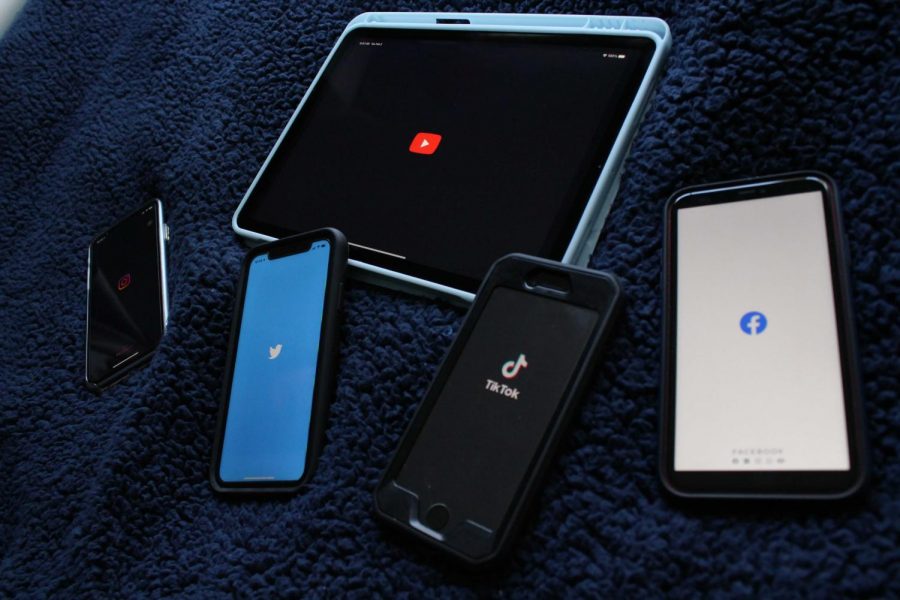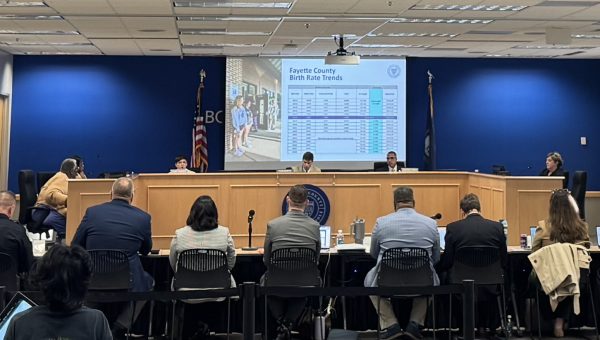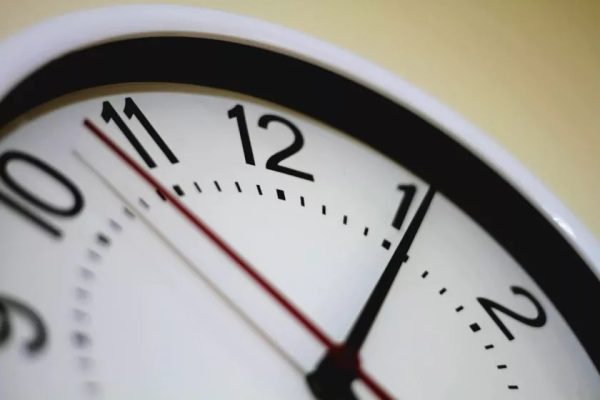Should Trump Have Been Banned from Social Media?
Politicians have unique responsibilities when they post on online platforms.
Donald Trump has been banned from a long list of social media platforms.
There are lots of ways to use social media. I use social media to share my life with others. Brands use platforms like Facebook, Twitter, Instagram, and Snapchat to advertise. And some creators and influencers use social media as a full-time or part-time job.
But when it comes to politicians using social media, there are different rules.
There is a difference between me posting a politically incorrect statement on a social media platform and a politician posting that same statement on one of their social media platforms.
As an adult with a professional job, especially one as important as a politician, and especially one as important as the president of the United States, the maturity level you are expected to display is much higher than that of a high school student. Being able to post on social media platforms is a privilege: it’s not made to be a “post whatever you want no matter what” platform and acting like it is will bring consequences.
Former President Donald Trump has posted things on his social media accounts, especially Twitter, that he had no place in doing so.
According to an article published by USA Today, “In 2017, 14.9% of the words in Trump’s tweets had a negative connotation, according to USA TODAY’s analysis of tweets compiled by the website Factba.se. That crept up to 16.4% by December 2019. Meanwhile, the share of positive words fell from 24.5% to 19.9%.”
Not only were most of his tweets and social media posts negative or offensive/hurtful to people, but lots of them were also just false.
According to an article published on Nov. 27 by Variety, “In the 24 days since Election Day, Twitter has added warning labels to 200 of President Trump’s tweets or posts he has retweeted (and counting) indicating that they contain false, disputed or misleading info.”
The article found that about 30% of former President Trump’s tweets after Nov. 3 were flagged as containing misinformation, including: “Just saw the vote tabulations. “There is no way Biden got 80,000,000 votes!!!”
“This was a 100% rigged election.”
“The 2020 Election was a total scam, we won by a lot (and will hopefully turn over the fraudulent result)[.]”
Trump’s inflammatory statements led directly to the Capitol riots of Jan. 6, showing that a politician’s use of social media can have very concrete impacts on the real world.
That’s why I think it’s appropriate that Donald Trump was banned from social media. When voted into office as President of the United States, you take on a responsibility to provide for your country as you see fit and as best you can.
According to whitehouse.gov “The President is responsible for implementing and enforcing the laws written by Congress and, to that end, appoints the heads of the federal agencies, including the Cabinet.”
That does not include putting others down and only providing for half the population of this country. And it does not include spreading inflammatory or untruthful statements that can lead to violence.
When taking the oath of office on Inauguration Day, you promise to provide for the country as a whole, not just the side you represent.
There is a difference between being open about your opinions as president and using those opinions in a positive way. There is a difference between expressing yourself in an appropriate manner and just speaking your mind, no matter the effect it’s going to have on the people of this country.
I think this aspect of Donald Trump’s presidency led many of those who voted for him in 2016 to not vote for him in the 2020 election out of a loss of respect for someone in such a powerful position in our government. This is, in my opinion, one of the main reasons he lost.

My name is Emily Parks, I am a senior at Dunbar and this is my third year on staff. In the past I have worked with human relations and been the human relations...

My name is Emma, I am a junior and this is my third year on the Lamplighter staff.
I have always enjoyed writing more than any other subject since I...



























